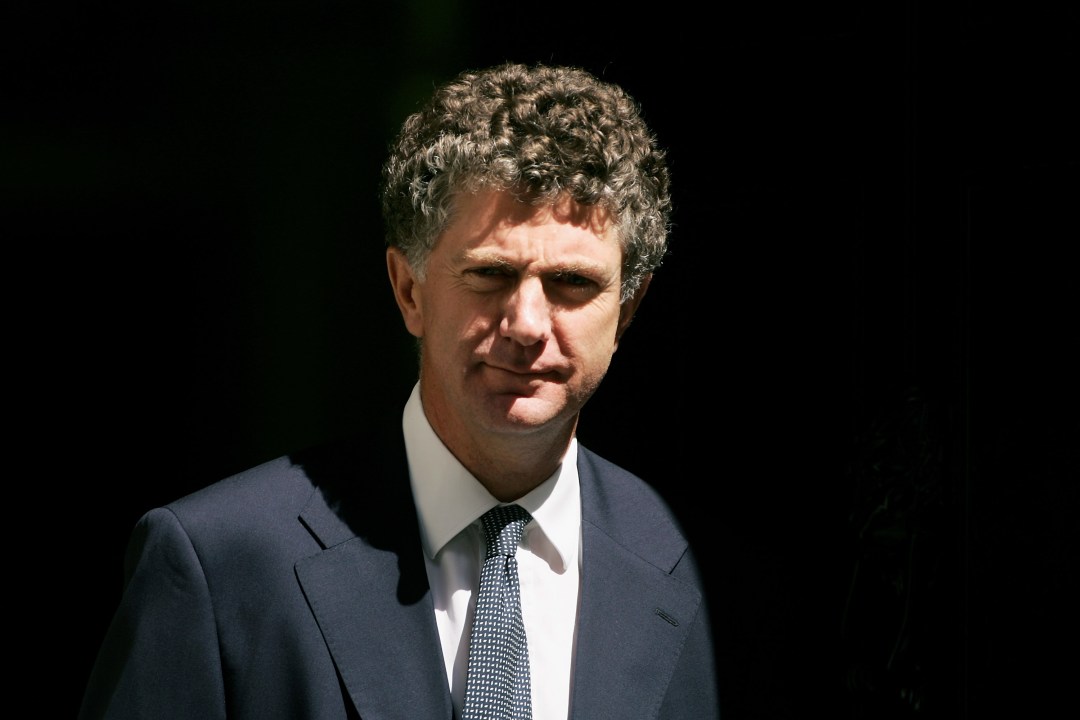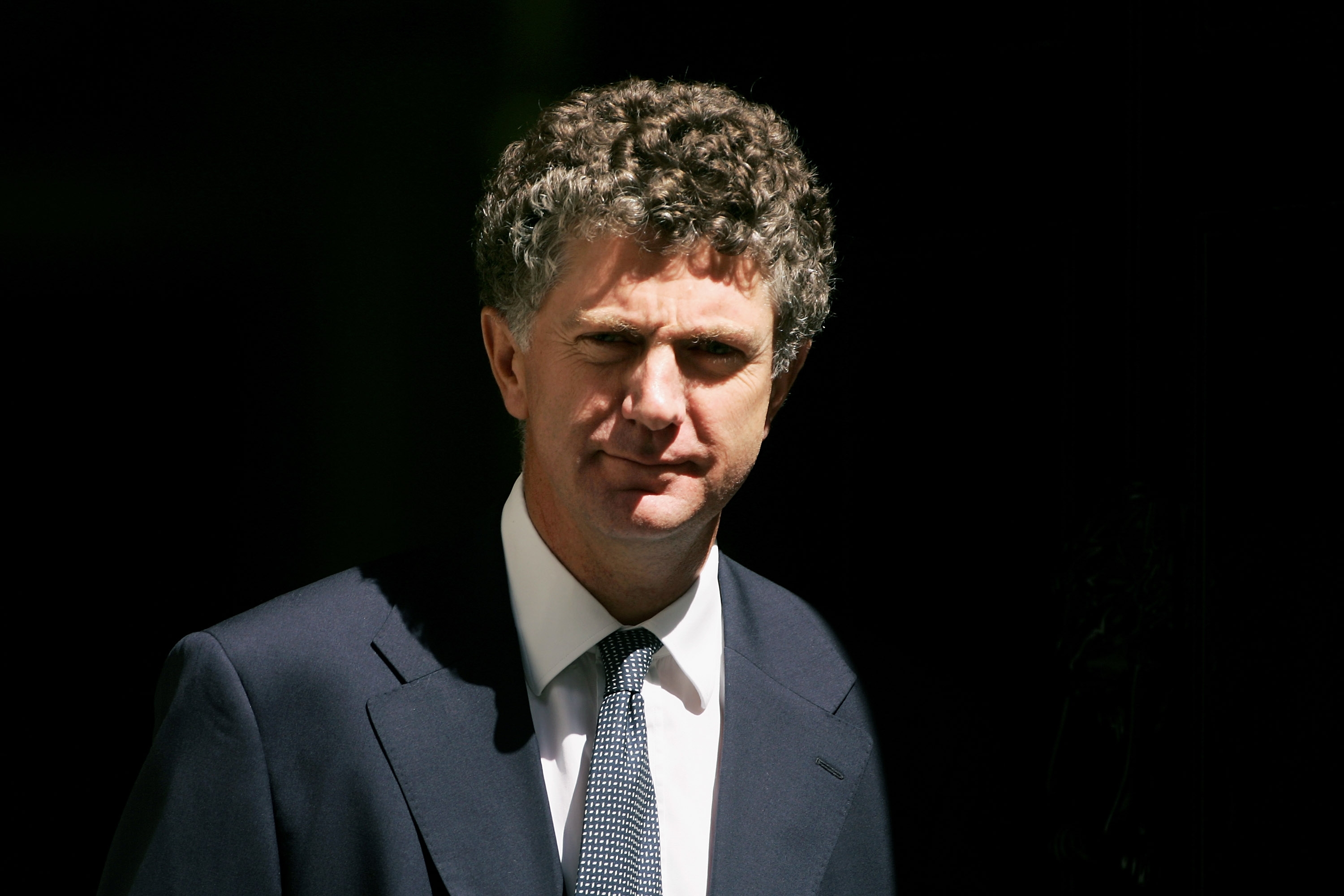Jonathan Powell is a British diplomat who served as Tony Blair’s chief of staff from 1997 to 2007. During this period, he was also Britain’s chief negotiator for Northern Ireland. These days, Powell runs a charity called Inter Mediate, which works as a go-between among terrorist organizations and governments around the globe. David Cameron appointed him last May as the UK’s special envoy to Libya.
His book ‘Talking to Terrorists’ was published this month, a review of which can be found in the October 4 edition of The Spectator. In it, Powell argues the British government has failed to learn lessons from the history of diplomacy with guerrilla groups.
I met with Powell recently at his office in Westminster, where he expounded on the complicated process of negotiating with the IRA, and why the British government will at some stage have to talk to Isis.
Does every terrorist have a rational point where the West can sit down and have a conversation with them?
Every time there is a new terrorist group, [the West] says we are going to defeat them, but never does. We say we will contain them by military means. In the end there will have to be talks if they have political support. And it looks that extreme Islam – in the form of Al-Qaeda and Isis – has that political support. So at some stage we will have to talk to them.
And what way should the terms of these talks be framed?
Just because we talk to them it doesn’t mean we have to surrender to their demands. We did not agree to the IRA’s demand of a united Ireland down the barrel of a gun. And that will be the case with these groups too.
We will not be negotiating [with fundamental jihadists] about a caliphate. But we will speak to them about other things, which are the real reasons, and motivations that are driving them.
Is trying to take on Isis through this current bombing campaign a futile task, given that the West will most likely be negotiating with Isis at some point in the future?
Well that is the argument I am making in the book. If you look back over the last two or three decades we always end up talking to these people, once they have enough significant support. You cannot solve a political conflict by military means.
So you are saying that fighting them is futile?
No, I am not. There has to be a combination of security and talking. And what I am frustrated by is that we seem to have to relearn this every time. But bombing, while necessary, won’t solve the problem entirely in the long run.
These groups are simply not going to go away. And we are not going to kill every one of them. We know from history that never happens. That doesn’t mean that the security is wrong in the beginning. But you have to combine security with proper negotiations.
These things are easy to say here, but would it not be political suicide standing up in parliament saying it?
Well it would be very difficult unless you could explain it. But equally, it’s incredibly irresponsible if you don’t say anything, or at least try to work out a strategy that leads to that. We’ve repeated this in [British] history again and again. In 1920-21 we fought the IRA, we thought we could beat them, we couldn’t, we negotiated with them secretly first, then publicly, and then finally came to an agreement.
Of course it is difficult for politicians to say ‘Let’s talk openly to terrorists.’ But having a strategy that looks at the lessons of history is required from a responsible politician.
You write in the book about the official British definition of the word ‘terrorist’: serious violence against a person or serious damage to property; designed to influence a government or an international organization or to intimidate the public or a section of the public.
Would you agree that in the context of Northern Ireland, at times, these labels could just as much be applied to the British army, as to say, the IRA or the Ulster Defence Association?
No, I think there is a distinction.
I don’t think you could describe the British army as an organization that was using terror. Internment, and some of the attacks in the Catholic parts of Derry and Belfast, were extremely counterproductive. And Bloody Sunday was one of the biggest recruiting sergeants that the IRA ever had. Looking back at that earlier IRA campaign in 1920-21, clearly the British government, then, did use terror tactics. The Black and Tans and auxiliaries walked into towns and randomly killed innocent people in Ireland. But I don’t think you could say the British army in the 1970s and 80s used terror tactics.
Is the hypocrisy of governments saying they won’t talk to terrorists, but then doing so anyway, really necessary?
Well if you are going to get to a peace agreement with a covert group, it is very often necessary to start those negotiations secretly.
But is it not undemocratic and insulting to the electorate’s intelligence? Two examples are Margaret Thatcher saying she would not negotiate with Republicans during the 1980s, and she almost always did, albeit not directly. And then there was John Major who was directly talking to Republicans, but publicly he was declaring that ‘it would turn his stomach’ to do so?
John Major was corresponding with the IRA in 1993. At the time they detonated a bomb at Warrington killing two children. People would have, understandably, demanded that those talks be stopped at the time. And democratic governments nearly always start talks secretly. So I think secret talks are necessary.
JP O’Malley is a writer based in London.







Comments